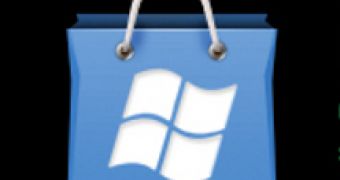The Windows Marketplace for Mobile has just opened for developers, and we already learn that Microsoft will prohibit a range of applications from it. As it always happens with software portals, like Apple's App Store or Google's Android Market, some applications will not be listed on the Windows Marketplace either.
Here are only few examples of what type of apps are prohibited from Microsoft's Windows Marketplace for Mobile: - Applications that enable VoIP (Voice over IP) services over a mobile operator network; - Applications that replace, remove or modify the default dialer, SMS, or MMS interface. - Applications that change the default browser, search client, or media player on the device. - Applications with an OTA (over the air) download >10 MB. - Applications that run code outside Microsoft runtimes (native, managed, and widgets).
Interestingly enough, the list does not mention anything about the apps that will promote “objectionable content,” only about the advertising within apps, for which some standard Microsoft practices need to be followed. For what it's worth, some rules regarding the content of the applications are also expected to surface in the near future.
For the time being, there are no details on what applications Windows Mobile 6.5 will support, namely if users will also be able to install apps that do not come from the Marketplace alone. What the list Microsoft published shows is the type of software solutions that one won't find on the Windows Marketplace for Mobile.
One thing that seems of importance to the Redmond company is connected to the user's privacy, and any application that would “publish a user’s data from their mobile device to any other person without first having received the user’s express permission (opt-in) to do so, and that do not provide the user a means of opting out of having their data published” will be prohibited from the Marketplace.
In addition, the same rule will apply to applications that publish a user’s location information without asking for permission. And when it comes to the user's data, Microsoft says that anything that includes contacts, photos, SMS or other text communication, browsing history, location information, or other data on the device is considered so. For what it's worth, we might see these policies changed soon, as there might be some aspects that haven't been included in the list just yet. For now, the list of prohibited application types can be found here (PDF).

 14 DAY TRIAL //
14 DAY TRIAL //